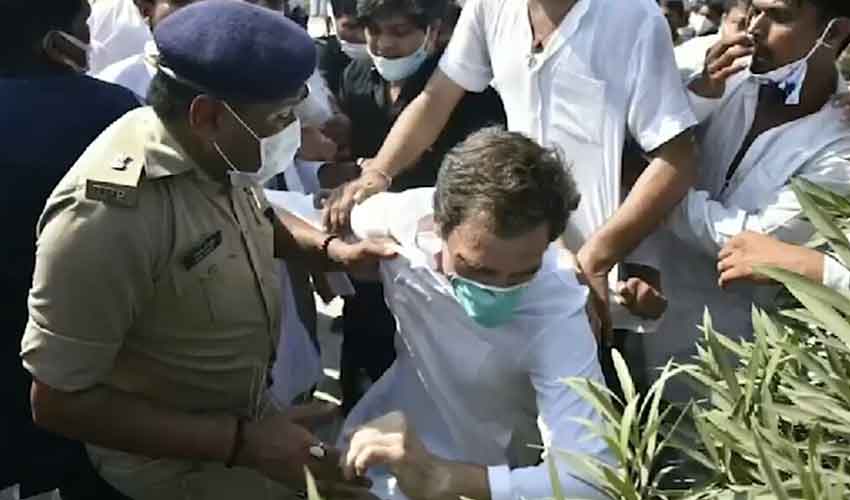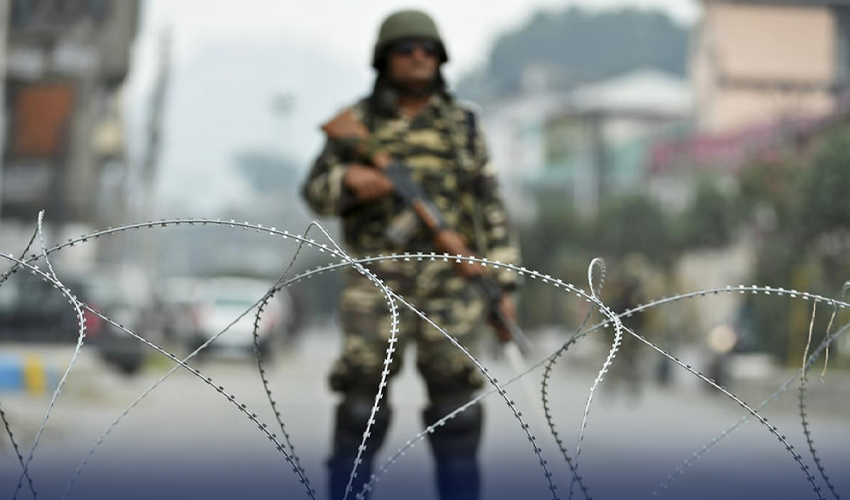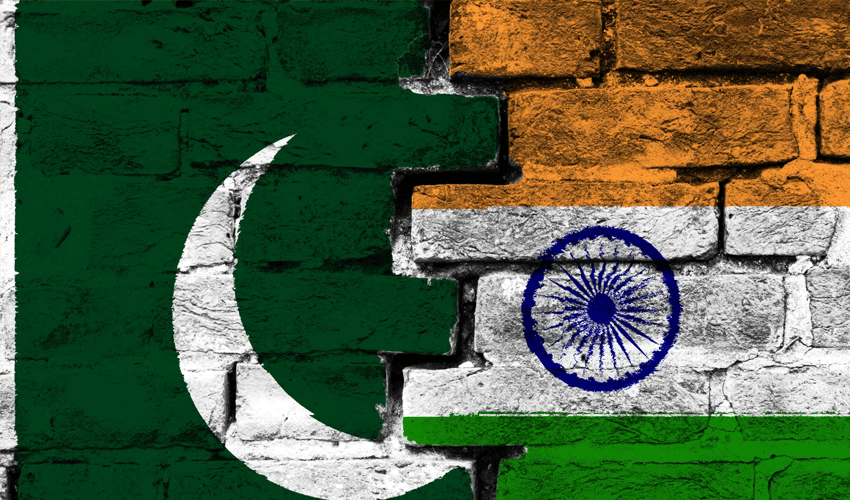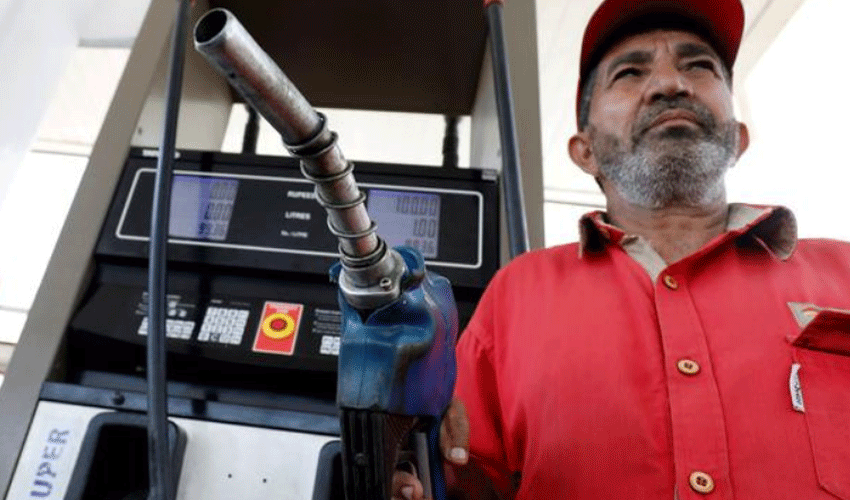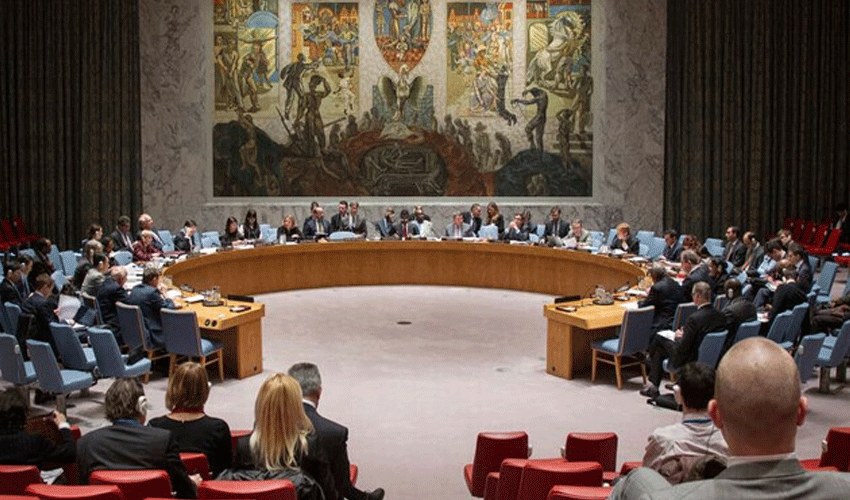The recent overthrow of Sheikh Hasina Wajid's government in Bangladesh, following a powerful student-led movement, has sparked concerns across neighbouring countries, particularly in India.
The movement, which successfully ended Hasina's 16-year rule, has been hailed by many as a rejection of undemocratic forces and a triumph of resilience by the Bangladeshi people.
Political analysts in India are drawing parallels between the situation in Bangladesh and the current political climate in India. Observers note striking similarities between the politics of Prime Minister Narendra Modi's BJP and Sheikh Hasina Wajid's Awami League.
Both parties, they argue, operate like organized gangster organizations under the guise of political entities, employing social violence, injustice, and vindictive tactics to achieve their goals.
Critics assert that both the BJP and the Awami League have systematically undermined fundamental principles such as freedom of expression and press freedom in their respective countries. With the fall of the Awami League in Bangladesh, many Indian politicians are warning that a similar fate could befall the BJP, as discontent simmers among the Indian populace.
Former Congress Minister Salman Khurshid has voiced concerns that India may soon face a situation similar to Bangladesh's recent upheaval. Rashtriya Janata Dal MP Manoj Jha echoed these sentiments, highlighting the potential for anti-government movements to emerge, reminiscent of the Shaheen Bagh protests against the Citizenship Amendment Act (CAA) and the National Register of Citizens (NRC).
The experience in Bangladesh underscores the critical importance of democracy, free and fair elections, transparency, and the inclusion of people in the political system. Congress leader Shashi Tharoor remarked that these democratic principles are alarmingly absent under the Modi government. He emphasized the need for the government to reflect on its capitalist-driven policies and learn from the recent events in Bangladesh.
Earlier, Congress leader Rahul Gandhi had warned of the potential for widespread unrest in India, predicting riots and attacks on the Prime Minister if the current trajectory continues. As tensions rise, there is growing concern that India could experience a Bangladesh-like scenario, with significant political consequences for the ruling party.





